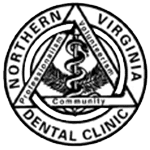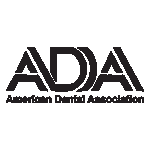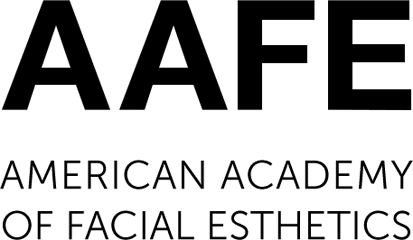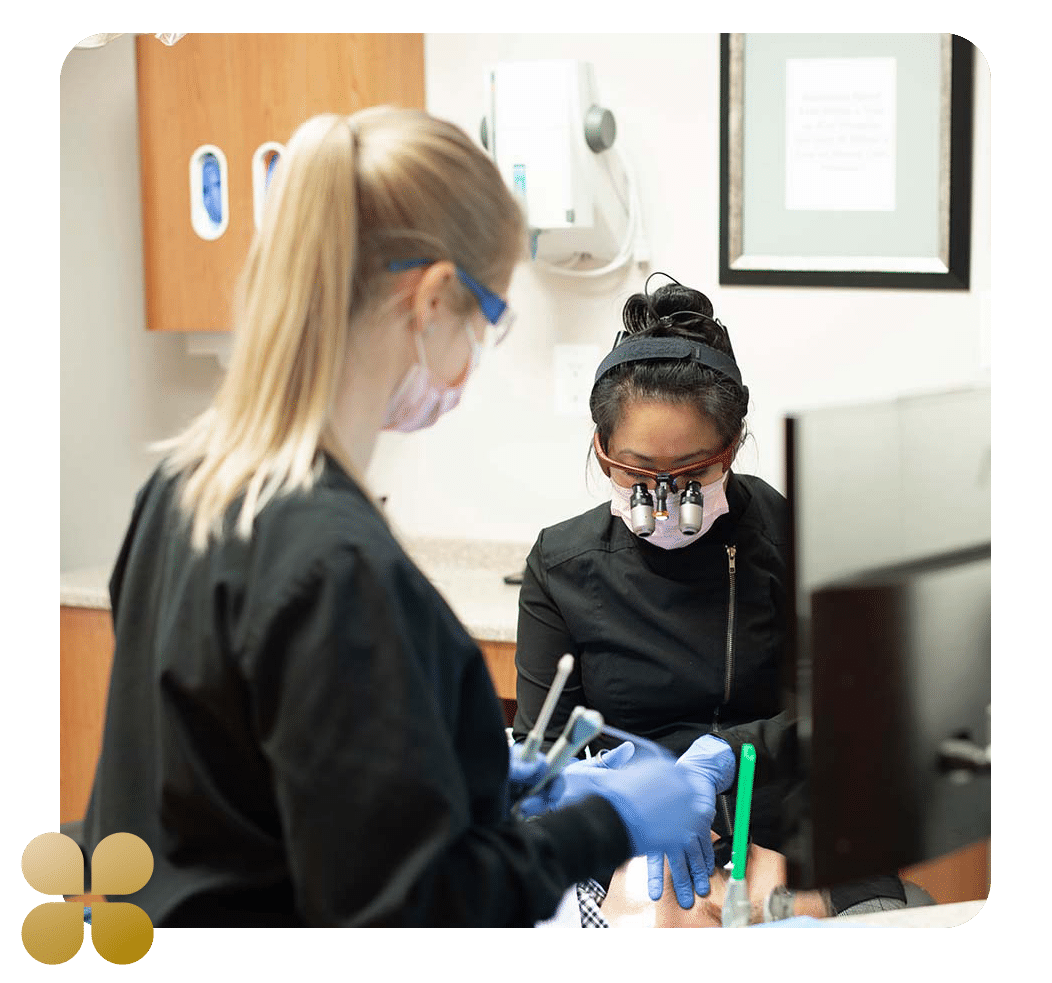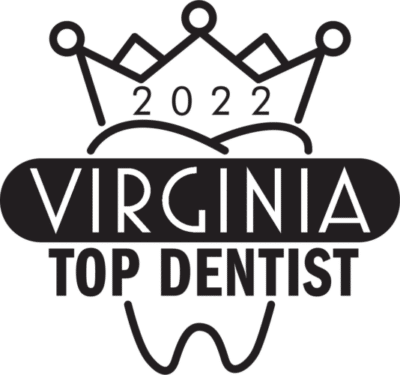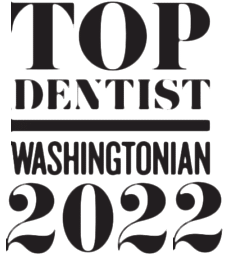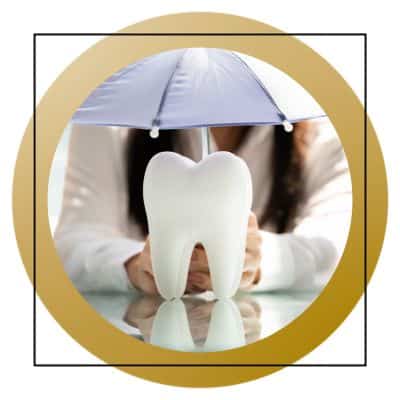YOUR FAIRFAX DENTISTS
MEET DR. TRAN & DR. NGUYEN
Dr. Annah Phung Tran and Dr. Jennifer T. Nguyen are compassionate, top-rated dentists with experience in all aspects of dentistry. From pediatric dentistry to cosmetic dentistry to oral surgery, Dr. Tran and Dr. Nguyen are committed to providing exceptional dental care to patients of all ages in the Fairfax, VA area. They look forward to meeting you and helping you reach your smile goals!
STATE-OF-THE-ART DENTISTRY MEETS PERSONAL CARE
OUR SMILE SERVICES
We are proud to be your Fairfax dentist! Drs. Tran and Nguyen and the team at Fair Lakes Family and Cosmetic Dentistry are committed to serving the Fairfax community with compassionate, individualized dental care. We understand that each patient has different needs and desires, so we will always take the time to get to know you and answer any questions you may have about your dental health. Learn more about our dental services we provide in Fairfax, Virginia.
YES, YOU CAN HAVE IT ALL!
THE FAIR LAKES DIFFERENCE
Personalized care and exceptional results from your Fairfax Dentists…yes you can have it all! Our team is committed to providing the highest quality dental care in Fairfax, Virginia. We want to offer honest guidance and help you make informed decisions about your dental care. Our team has a genuine interest in helping each patient who walks through our doors achieve their personal dental health goals.
INCREDIBLE SMILE TRANSFORMATIONS
REAL PATIENTS. REAL RESULTS.
Wondering if Fair Lakes Family and Cosmetic Dentistry is a good fit for your dental needs? Just check out our incredible results! We use the latest advancements in dental technology to help patients get the smile they deserve in a comfortable, welcoming environment. Check out David’s smile journey and other for yourself in our smile gallery!
NO DENTAL INSURANCE?
LEARN ABOUT OUR SMILE CARE PROGRAM
At Fair Lakes Family and Cosmetic Dentistry, we understand that not every patient has access to dental insurance. That’s why we are proud to offer affordable dental cleanings and checkups to our Smile Care Program members. With this savings plan, we hope to help alleviate the burden of some of the cost of dental healthcare and treatment.
AWARD WINNING DENTISTRY
Fair Lakes Family and Cosmetic Dentistry has been recognized in the Virginia Living Magazine’s “Best Of Virginia 2024” as the Best Dental Practice in the Northern Virginia Region. Dr. Tran and Dr. Nguyen have been also voted as a “Virginia Top Dentist” and Virginia Living Magazine’s “Best Dental Practice Northern Virginia Region” in 2022. Thank you to all of our incredible patients for your overwhelming support. We couldn’t do this without you!
Fair Lakes Family and Cosmetic Dentistry is proud to achieve a Platinum+ Invisalign® Provider status!
A Diamond Invisalign® Provider has the highest level of education and experience with Invisalign®. Doctors earn points with each Invisalign® treatment that they complete. Our team at Fair Lakes Family and Cosmetic Dentistry is experienced with Invisalign® and is ready to help you create your beautiful, straight healthy smile.
TEST DRIVE YOUR NEW SMILE
DIGITAL SMILE DESIGN AT FAIR LAKES
We are so pleased to offer Digital Smile Design (DSD) – a treatment planning protocol that allows for careful analysis of patients’ facial and dental structures through state-of-the-art videography and digital technology. This modern, patient-centered design approach uses videos, photography, X-rays, and 3D imagery and gives us the power to simulate the outcome of every case, prior to beginning treatment, by creating before-and-after videos for each patient.
The final Digital Smile Design will allow you to visualize the outcome of your smile transformation. This design will guide the rest of the treatment.



